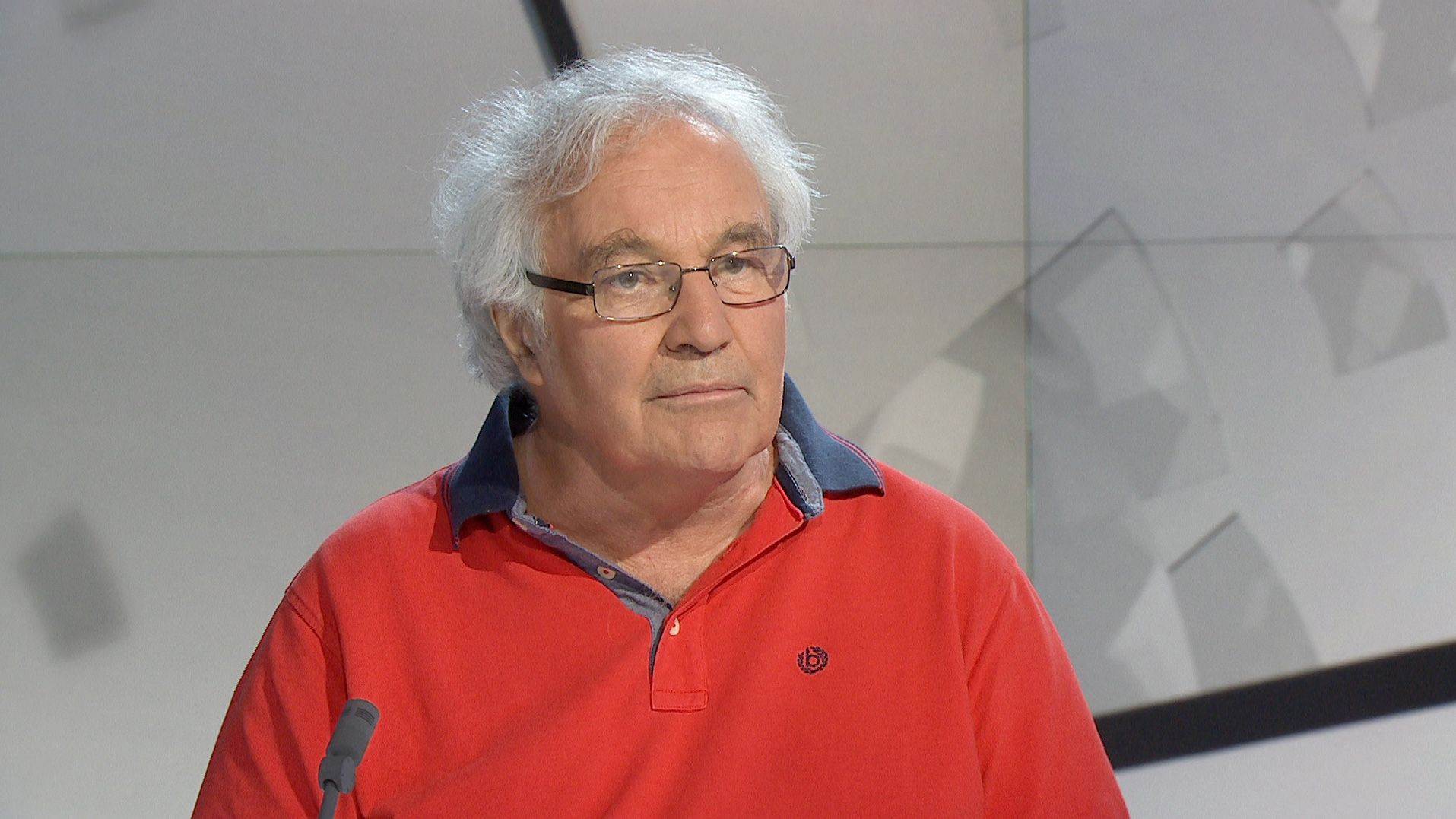
‘Sociologist of death’ Bernard Crettaz dies

The Swiss sociologist and ethnologist Bernard Crettaz, who died on Monday aged 84, was close to death long before it caught up with him. For about ten years, until 2014, he hosted the “Cafés mortels”, meetings in cafés to talk about death.
“By talking about death and dying all the time, you prepare yourself a little for your own death, which means you’re not terrified of it. It’s perhaps a way of facing it, as in the past we dared to look it in the face,” he told Swiss public radio, RTS. He added that “death will always remain a taboo […], a fundamental enigma.”
Well into his eighties, Crettaz continued to write and to reflect on death, his favourite subject.
The Covid-19 pandemic was an important topic of reflection for him. “We had marginalised death, but with this epidemic that has come upon us […] we see that death is here, that it is striking again,” he told Le NouvellisteExternal link newspaper two years ago. He spoke of death as “a lesson in life”.

More
Death
William Tell interview
In 1979, at the age of 41, Crettaz obtained a doctorate in sociology from the University of Geneva, where he was a lecturer. In 1976 he was appointed curator of the Europe Department of the Museum of Ethnography in Geneva.
With his wife, the anthropologist Yvonne Preiswerk, who died in 1999, he founded a society for studying funeral rites and customs. He officially retired in 2000, at the age of 62, to return to Val d’Anniviers in canton Valais, where he was born, and devote himself to writing. He was also the official ethnologist for Expo.02.
In 2004, on Swiss National Day, Crettaz, playing the role of Swiss hero William Tell, gave SWI swissinfo.ch an exclusive interview in which he discussed among other things his (Tell’s) disappointment with contemporary Swiss politicians:

More
National hero turns his back on Switzerland

In compliance with the JTI standards
More: SWI swissinfo.ch certified by the Journalism Trust Initiative






























You can find an overview of ongoing debates with our journalists here . Please join us!
If you want to start a conversation about a topic raised in this article or want to report factual errors, email us at english@swissinfo.ch.